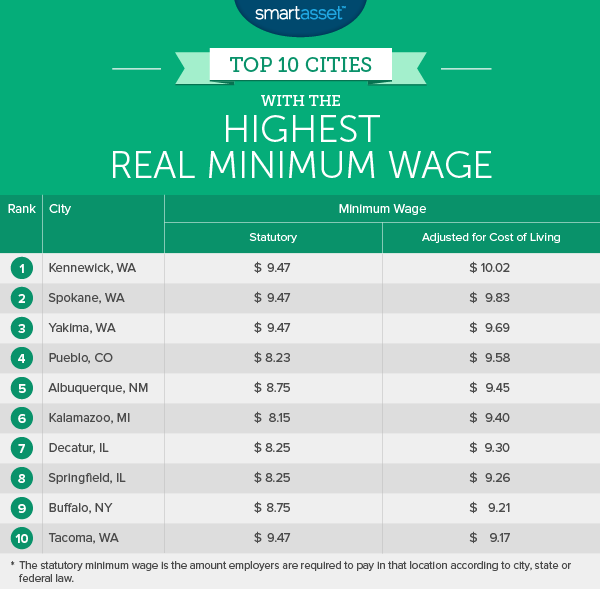
Most of the media’s attention has been focused on the ongoing scandal at the top of Albuquerque Public Schools. Unfortunately, an issue with much larger long-term ramifications was voted on by the APS board – minus Peggy Muller-Aragon, who opposed the move.
The issue is of course paying district employees “political pay” for serving in the Legislature. Apparently, a majority of the board recognized an opportunity to increase its influence in Santa Fe at taxpayer expense.
This is a classic case of a taxpayer-funded entity working to further its own political interests at the expense of those who pay the bills. After all, APS already has lobbyists patrolling the halls in Santa Fe, why not add a few more APS-paid legislators into the mix when it comes time to vote on education budgets?
Currently, four legislators are employed by the school district. Those include Rep. Sheryl Williams Stapleton, D-Albuquerque; Rep. Patricio Ruiloba, D-Albuquerque; and Rep. Christine Trujillo, D-Albuquerque, and Rep. Tim Lewis, R-Rio Rancho. Unlike the others, Lewis has not accepted his pay as a teacher in recent years when serving in Santa Fe and presumably will continue to do the same despite the district’s move.
New Mexico has the last citizen legislature. Legislators receive per diem pay on the days the Legislature meets. The state Constitution clearly states that legislators “receive only per diem and mileage and no other compensation, perquisite or allowance.” One would think this language makes clear that a legislator cannot receive any other state monies for their service.
A serious issue with the new APS policy is that it gives APS employees, at least those who accept “political pay,” an unfair advantage over their unpaid colleagues. Board member Barbara Petersen put a positive spin on things, saying that offering the pay could draw more APS employees to become lawmakers when they otherwise might not have been able to afford it.
Of course, and it is in APS’s interest to have sympathetic ears on the payroll in Santa Fe.
One question that needs to be asked now is whether these legislators will be allowed to receive “per diem” pay as legislators (again at taxpayer expense). Former APS Board member Kathy Korte once called this “triple-dipping.”
It would seem that if taxpayers are paying legislators through their employer, they shouldn’t be forced to pay them again for their service through the per diem system.
Concern over public employees serving in the Legislature is nothing new. The New Mexico Supreme Court just decided that the city of Albuquerque was justified in restricting city employees from serving as legislators.
During the 2015 legislative session, Rep. Bill Rehm, R-Albuquerque, sponsored legislation, HB 439, that would have prohibited APS and other “subdivisions of the state” from compensating their workers for time served in the Legislature. Unfortunately, the bill did not make it out of the House.
New Mexico has long had bigger-than-average-government (including state and local governments). According to the website Key Policy Data, New Mexico has the second-largest ratio of state and local workers relative to private sector workers in the nation. It is widely recognized across partisan lines that New Mexico needs a larger, more vibrant private sector.
We can appreciate the willingness of all who serve in New Mexico’s unpaid, volunteer Legislature to give their time to make our state a better place to live, but government agencies shouldn’t be “stacking the deck” by giving their employees a big financial advantage when it comes to serving in the Legislature.
Private sector and self-employed legislators (and their employers) face real hardships when serving in Santa Fe. But their experience and the sacrifices they make provide a perspective that is simply missing from many who make their living in government.
Rather than encouraging more government workers to serve in the Legislature at added taxpayer expense, New Mexico needs an even playing field with public workers facing the same financial sacrifices as we expect from those without the benefit of a taxpayer-funded job.
Paul Gessing is the President of New Mexico’s Rio Grande Foundation. The Rio Grande Foundation is an independent, non-partisan, tax-exempt research and educational organization dedicated to promoting prosperity for New Mexico based on principles of limited government, economic freedom and individual responsibility




.jpg)
























